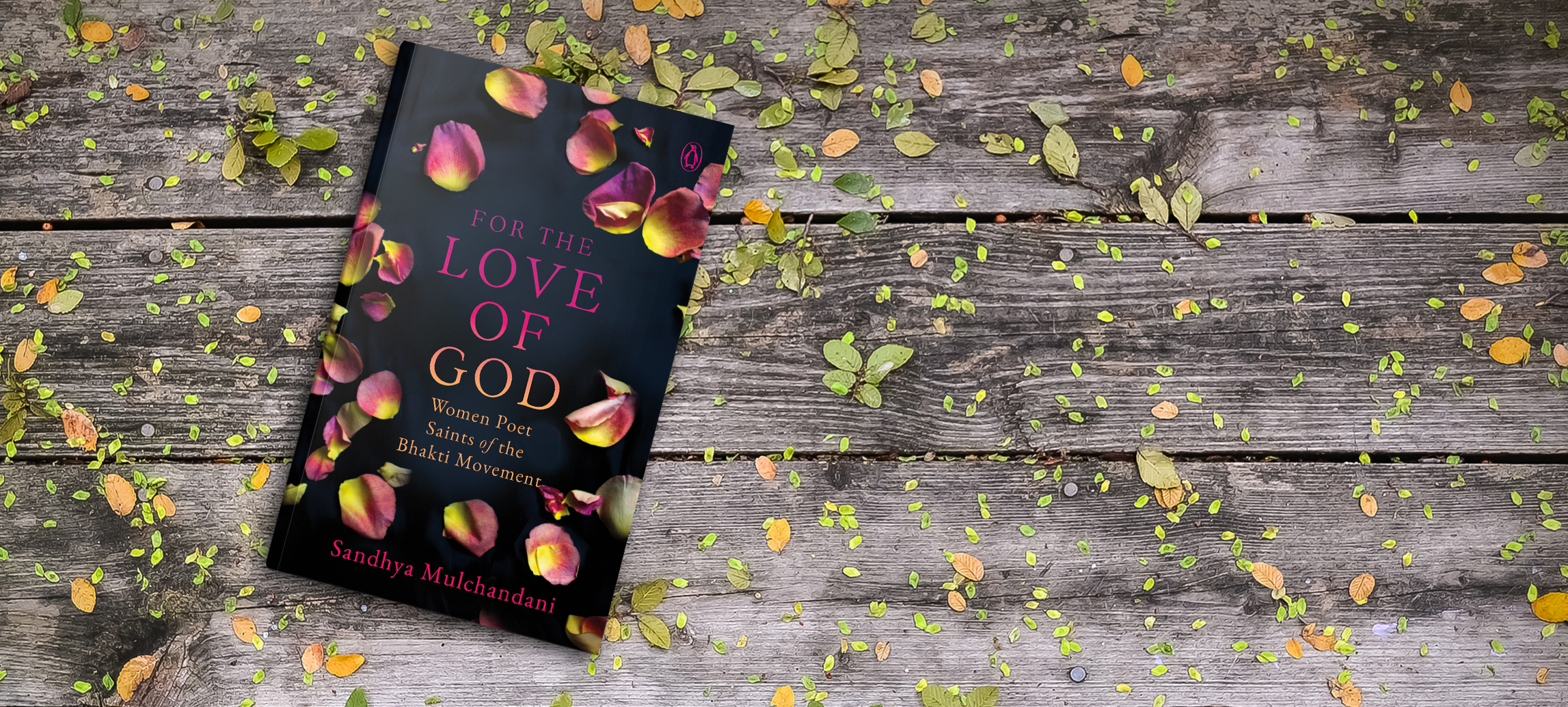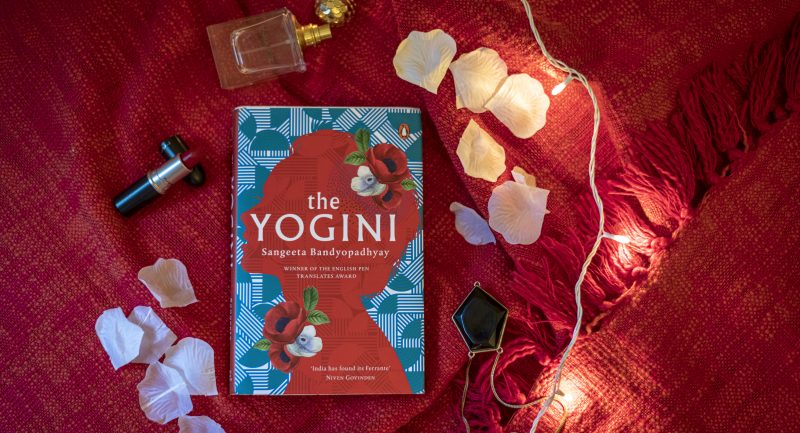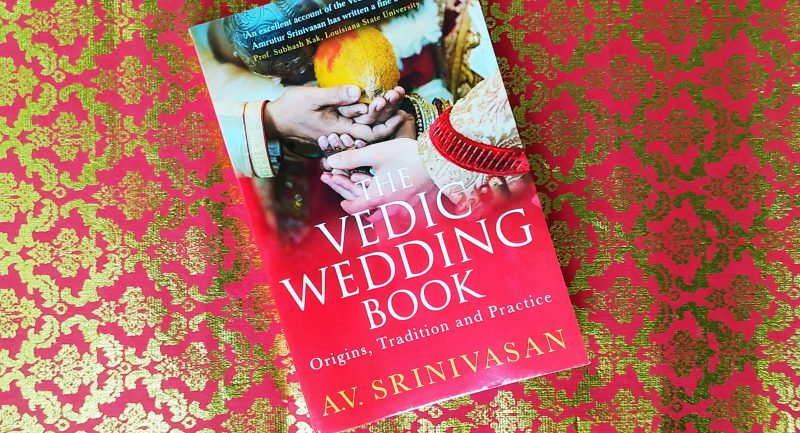
Between the third centuries BC and AD were written thousands of verses in Tamil that have collectively come to be known as Sangam literature. The expressions of love between a man and a woman in these love poems gave way to passionate expressions of devotional love, where the heroine became the devotee and the hero became God. Through the centuries of patriarchy, women negotiated varied levels of existence and largely went unnoticed until they found a path for self-expression through bhakti or devotion. While the dominant form of worship was to prostrate before God, women found innovative ways of personal expression, often seeing the lord as a lover, friend, husband, or even son. The individual outpourings and the unfettered voices of these women refused to be drowned in the din of patriarchy gathering momentum until this became a pan India movement.
Here are some pertinent voices from For The Love of God!
Muktabai
Where darkness is gone, I live, where I am happy. I am not troubled by coming and going I am beyond all vision above all spheres His spirit lives in my soul. Mukta says: He is my heart’s only home.
~
Meerabai
Your gorgeous kingdom does not please me O king, there are no holy men in your kingdom All are liars and good-for-nothings. I have given up my ornaments Even my bangles O king I do not plait my hair Or apply kajal to my eyes Meera’s lord is the courtly Giridhara.
~
Roopa Bhavani
Selflessness is the sign of the Selfless
Bow down at the door of the Selfless
The selfless are of the highest authority
The Kings of the time and the weavers of the crest and crown.
~
Lal Ded
The trouble of all existence is removed If you call upon Rama Today you will receive happiness If you call upon Rama Let divali pray to Thee and call Upon Rama.
~
Akka Mahadevi
I have fallen in love, O mother with the Beautiful One, who is without any family, without any country and without any peer; Chenna Mallikarjuna, the Beautiful, is my husband. Fling into the fire the husbands who are subject to death and decay.
In For the Love of God, Sandhya Mulchandani delves deep into historical accounts of these women who fell in love with God.









